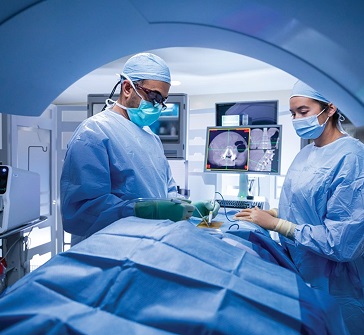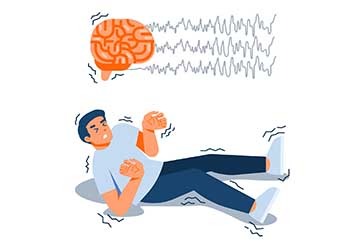 Book Appt.
Book Appt.
 Call Now
Call Now


Stroke, often referred to as a "brain attack," is a medical emergency that occurs when blood flow to a part of the brain is interrupted or reduced, leading to damage of brain tissue. It is a leading cause of disability and mortality worldwide, making understanding and addressing this condition crucial for public health.
Types of Strokes
There are two main types of strokes:
Risk Factors
Several risk factors increase the likelihood of experiencing a stroke. These include:
Symptoms and Recognition
The signs of a stroke often come on suddenly and may include:
Immediate medical attention is crucial when these symptoms arise, as timely intervention can significantly improve outcomes.
Diagnosis and Treatment
Diagnosing a stroke involves a thorough medical history, physical examination, and imaging tests such as CT scans or MRI to visualize the brain. These tests help determine the type of stroke and its location.
Treatment options depend on the type of stroke and its severity. Ischemic strokes may be treated with medications like tissue plasminogen activator (tPA) or mechanical thrombectomy, a procedure to remove the clot. Hemorrhagic strokes require different approaches, including surgery to repair blood vessel abnormalities or interventions to control bleeding.
Rehabilitation and Recovery
Stroke rehabilitation is a critical component of recovery. Physical, occupational, and speech therapy help individuals regain lost abilities and develop compensatory strategies. Depending on the extent of brain damage, recovery can be a lengthy process, requiring ongoing support and dedication.
Outlook
Stroke is a complex and potentially devastating condition that requires immediate medical attention. Understanding the risk factors, recognizing the symptoms, and knowing the treatment options can make a significant difference in improving outcomes for individuals affected by stroke. With advances in medical science and ongoing research, there is hope for better prevention, treatment, and recovery strategies for this serious neurological event.
SHALBY Sanar International Hospitals provides extensive medical procedures backed up with our state-of-the-art technology and a team of highly qualified & experienced clinical experts.

Patient from Iraq gets treated by Dr. Harnarayan Singh | SHALBY Sanar International Hospitals

15 year old Patient from Liberia gets treated by Dr Harnarayan Singh | Neurosurgery & Spine Surgery

Mrs. Khalida Khaleel from Iraq Overcomes Degenerative Disc & Grade 1 Spondylolisthesis

Successful Treatment of a Patient from Uzbekistan for Degenerative Disc Disease and Back Syndrome

Surviving Stroke: Bipasha Banerjee's Testimony on Timely Intervention

Successful Intraoperation Neuro Monitoring on patient Hasan from Iraq

Successful removal of Glioma using advanced machines

A multidisciplinary care worked wonders for Ms. Akhtamova from Tajikistan

Treatment for Brain Aneurysm - Al Qumairi Saeed Mohsen Awadh from Yemen
Our doctors pen down their research findings and experiences from time to time. Their words provide deep insight into the latest techniques, technologies and other advancements in healthcare. It provides expert answers to all kinds of health questions for real-life issues.
VIEW ALL




Since the day of its foundation, SHALBY Sanar International Hospitals is committed to provide comprehensive healthcare services. It regularly organizes awareness programs in its premises and encourages outdoor healthcare activities and camps with an intent to put focus on preventive healthcare.
VIEW ALL